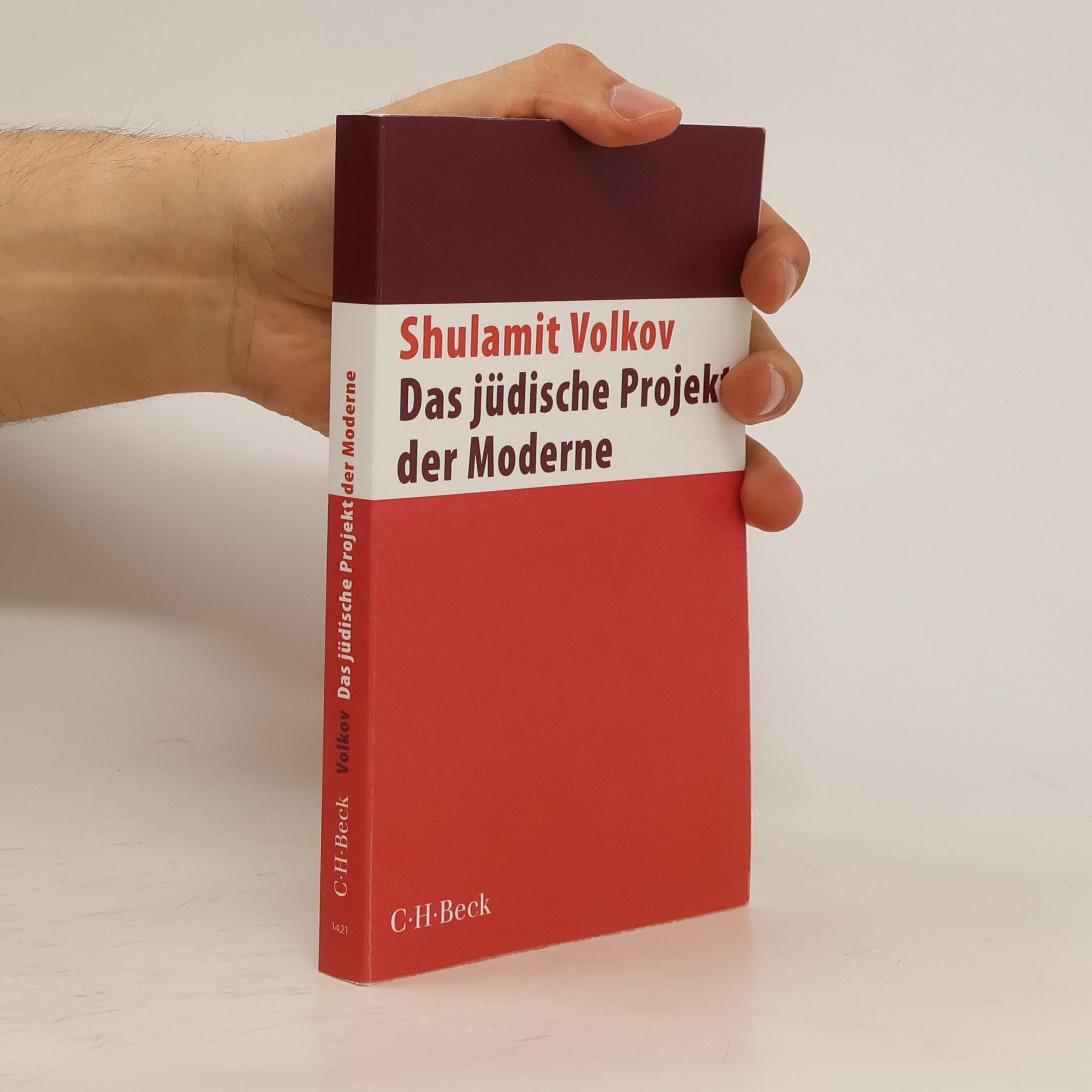This deeply informed biography of Walther Rathenau (1867-1922) tells of a man who—both thoroughly German and unabashedly Jewish—rose to leadership in the German War-Ministry Department during the First World War, and later to the exalted position of foreign minister in the early days of the Weimar Republic. His achievement was unprecedented—no Jew in Germany had ever attained such high political rank. But Rathenau's success was marked by tragedy: within months he was assassinated by right-wing extremists seeking to destroy the newly formed Republic. Drawing on Rathenau's papers and on a depth of knowledge of both modern German and German-Jewish history, Shulamit Volkov creates a finely drawn portrait of this complex man who struggled with his Jewish identity yet treasured his “otherness.” Volkov also places Rathenau in the dual context of Imperial and Weimar Germany and of Berlin's financial and intellectual elite. Above all, she illuminates the complex social and psychological milieu of German Jewry in the period before Hitler's rise to power.
Shulamit Volkov Boeken
Shulamit Volkov, een gerespecteerde emeritus hoogleraar moderne Europese geschiedenis, duikt in de ingewikkelde dynamiek van Europese samenlevingen. Haar wetenschap onderzoekt kritisch de complexe wisselwerking tussen emancipatie en antisemitisme, en biedt diepgaande inzichten in historische processen. Ze belicht hoe deze krachten identiteiten en sociale structuren vormden, en biedt een genuanceerd begrip van het verleden. Het werk van Volkov moedigt lezers aan om na te denken over de diepgewortelde oorzaken van moderne conflicten en zich op een dieper niveau met geschiedenis bezig te houden.






Germany through Jewish Eyes
A History from the Eighteenth Century to the Present
- 300bladzijden
- 11 uur lezen
Focusing on the Jewish experience, this study reexamines two centuries of German history, providing a unique perspective that highlights the intertwined narratives of both German and German-Jewish identities. Through a chronological structure, Shulamit Volkov offers insights that challenge traditional historical accounts, allowing readers to gain a deeper understanding of the complexities and dynamics that have shaped these interrelated histories.
Interpreting Antisemitism
Studies and Essays on the German Case
Being a historian of Germany and of the German-Jews in modern times, the author has written numerous essays on the history and historiography of Antisemitism in this country. Some of them are rather well-known, such as the essay on „Antisemitism as a Cultural Code“, and others were printed in peripheral journals and Festschrifts or were never published in English. Since the phenomenon of Jew-hating is now once again an issue discussed by scholars and non-scholars alike, both in Europe and in the United States, and especially since it now arouses particular interest in the context of the Palestinian fight against Israel, it seems timely to re-publish these essays in a slightly revised form, and attach to them an extended introduction as well as a follow-up essay at the end, updating old notions, reformulating some and adding commentary on controversies that are being conducted today regarding the term Antisemitism, its various contexts and the phenomenon it signifies. Freshly looking at Antisemitism in Germany before, during and after National-Socialism seems to be needed at this point in time.
Deutschland aus jüdischer Sicht
Eine andere Geschichte vom 18. Jahrhundert bis zur Gegenwart
Das jüdische Projekt der Moderne
Zehn Essays
Die Juden in Deutschland nahmen im 19. Jahrhundert an der allgemeinen Modernisierung der Gesellschaft teil. Aber zugleich waren sie intensiv mit ihrem eigenen "Projekt der Moderne" beschäftigt. Sie waren bestrebt, für sich eine jüdische Identität zu erfinden, die zu ihrer neuen Stellung in Staat und Gesellschaft paßte. Shulamit Volkov geht diesem jüdischen "Projekt der Moderne" ebenso nach wie dem Antisemitismus in Deutschland und seinen Verbindungen zu Nationalismus und Antifeminismus.
Antisemitismus als kultureller Code
- 238bladzijden
- 9 uur lezen
Shulamit Volkovs ”Aufsätze und Essays”, schrieb der Göttinger Ordinarius Rudolf Vierhaus, ”gehören zu den kompetentesten und sensibelsten Beiträgen zur Erforschung des deutschen Antisemitismus wie auch der sozialen und kulturellen Entwicklung des deutschen Judentums seit der Emanzipation.” Der Band, zuerst 1990 unter dem Titel ”Jüdisches Leben und Antisemitismus im 19. und 20. Jahrhundert” erschienen, wird jetzt in der beck’schen reihe vorgelegt.
